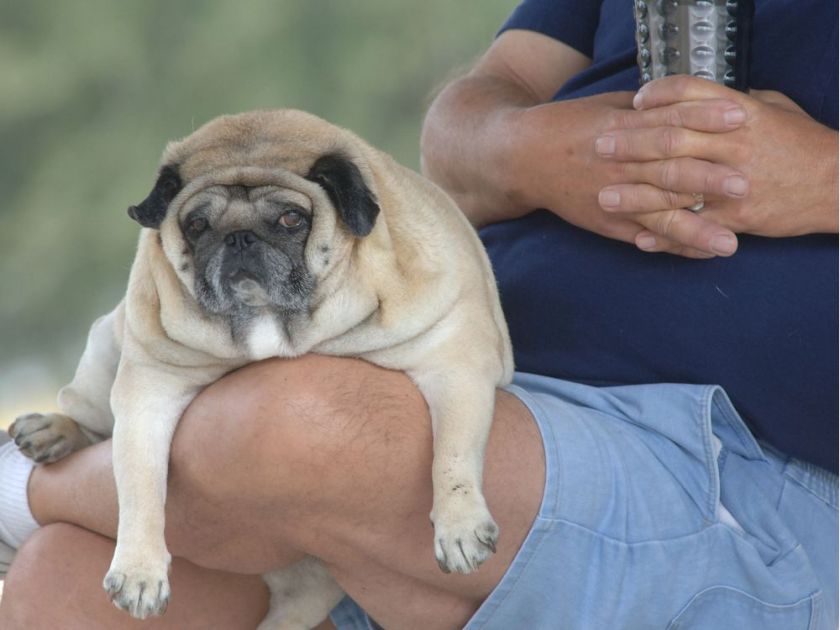When Czech entrepreneur Robert Hasek began jogging with his dog, Darwin, the three-mile runs were making the bull terrier sick with fatigue. Hasek was surprised, thinking his dog led a healthy lifestyle. To solve the mystery, he strapped a Fitbit to Darwin and discovered he was actually only active in his presence. "Otherwise, he is lying, sleeping and doing nothing. He's lazy!"
The businessman sensed an opportunity and developed one of the world's first dog fitness trackers. His product is part of a growing industry of gadgets for pets that include GPS trackers, automatic feeders, ball throwing machines for dogs to fetch, and self-cleaning litter boxes for cats.
People in the US will spend $72.1 billion this year on pet products and care, up 3.6% on the year in an industry that has grown steadily since the mid-90's, according to the American Pet Products Association. Worldwide spending in 2017 was $109 billion dollars, according to Euromonitor International.
Hasek first sought funding on Kickstarter and then reached out to private investors. He moved to San Francisco for three months, tracked down Czech manufacturers and a customer service subcontractor.
Animal charity searches for UK's fattest pets
A couch-potato lifestyle and excessive food consumption is fuelling a four-legged obesity crisis, warns PDSA vets. To help tackle the problem, the charity is searching for the UK's chubbiest cats, dogs and rabbits.
Owners willing to splurge
Two years later, production and sales of the Actijoy fitness trackers have begun, with one unit costing about $300. On top of the GPS tracking device that a variety of pet collars already offer, it tracks the intensity of the dog's activity and comes with a internet-connected bowl that monitors food and water consumption.
It faces competition from a range of products, from the more basic fitness monitors to more advanced technologies. The Wagz, for example, is also able to record and stream HD video from the collar. It sells for $495 apiece.
That may be a lot for a collar, but some pet owners are willing to splurge. Among them are Millennials who put off having kids or decided against having any and have the extra income to spend, says Harrison Forbes, a dog trainer and pet products expert.
Pet tech on the rise
"Pet tech has been a hugely explosive part of the industry the past five or six years," he said while attending the Superzoo industry conference on pet products in Las Vegas. Technology for pets has tended to follow innovations that were meant for humans and this is an example of that, he says.
Actijoy's COO, Jana Rosenfelderova, says they are marketing these collars not only to people who have overweight pets, but also to those who want to avoid health problems in the first place. Monitoring water consumption, for example, can reveal if a pet is drinking unusually large amounts, a sign of kidney problems or diabetes.
"Our (ideal) customer is a dog owner that wants to prevent (any of these health issues)," she says.
Fuente: www.health24.com
